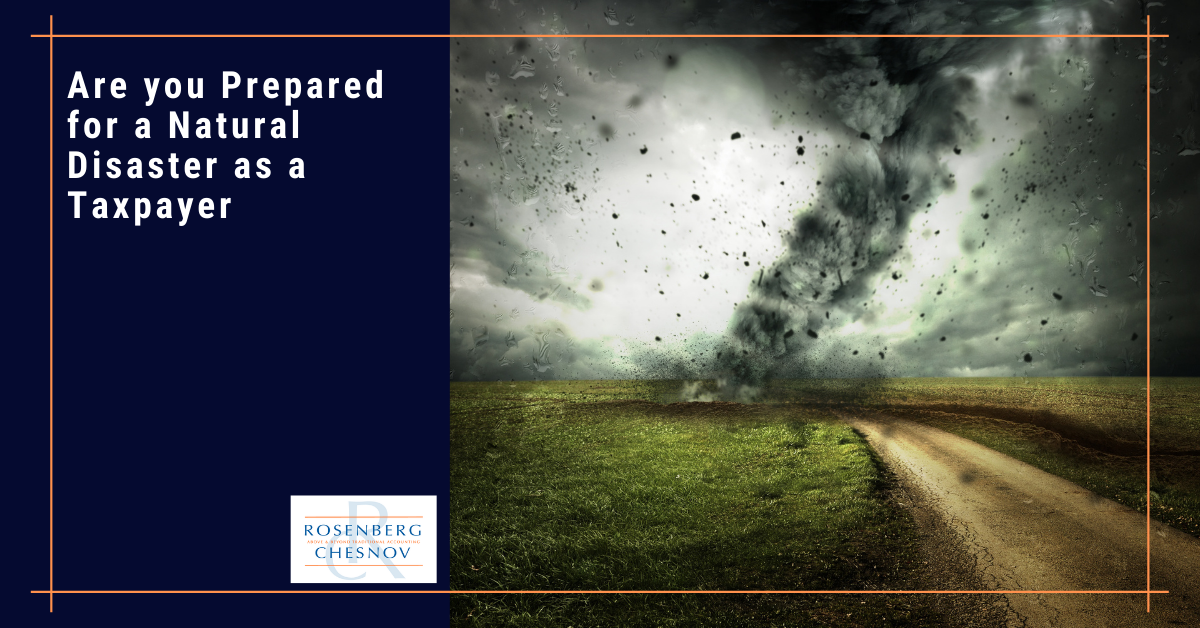Protecting Valuable Documents
Although your essential records and documents are usually replaceable, you will save yourself a lot of time and headache after a natural disaster by taking a few simple steps now. The list of documents you should secure is not short, so it isn’t a good idea to wait until the hurricane makes landfall to locate and gather them.
Everyone has personal and family documents, so include any of the following that apply to you as your top priorities:
- Birth or adoption certificate
- Passport
- Social security card
- Driver’s license
- Medical records such as immunizations and prescription information
You may also have citizenship papers, a marriage certificate or divorce decree, child custody or guardianship papers, a military discharge or ID, or pet records, including medical and vaccination records, current photos, and ID chip numbers.
There are also financial and legal documents you should be sure to remember. These can include:
- Loan documents
- Insurance contracts
- Insurance agent contact information
- Real estate deeds or rental/lease agreements
- Titles to property
- Financial statements
- As well as your will or living will and any power of attorney, HIPAA, trust, name change, or letter of instruction documents you may possess.
Once you have gathered and taken inventory of your records and documents, it’s time to store them safely. In the event of a natural disaster, you will be glad if you have invested in a watertight and fireproof safe for the home. Alternately, you could choose to store your documents in a safe deposit box outside the home.
Regardless of where you keep your records, it is also a good idea to create copies, store them separately at a different location, or entrust them to a family member who lives outside of the area the disaster may affect. Finally, create digital copies of your documents and store them in the cloud. For added peace of mind, find a cloud service that offers data encryption and extra layers of security to prevent breaches and ransomware.
So, what if the worst should happen, and you suffer a loss of valuable property or possessions? In that case, you may need information on…
Supporting an Insurance or Tax Benefit Claim
Suppose you are filing an insurance claim or applying for tax relief in the wake of a disaster. In that case, photographs or videos of the contents of your home or business, and especially of high-value items, can be handy.
In fact, creating a comprehensive home inventory can be advantageous for multiple reasons. In addition to helping right-size your insurance coverage, a list can result in a higher appraisal for your home and serve as a valuable resource in estate and financial planning.
At the very minimum, a detailed list of items destroyed, damaged, or lost is usually required for any insurance claim. Still, complete inventory with photographic documentation will make the claims process much faster and more efficient.
The IRS has a disaster loss workbook for individuals (Publication 584, Casualty, Disaster, and Theft Loss Workbook) and businesses (Publication 584-B, Business Casualty, Disaster, and Theft Loss Workbook) that can help people compile lists of belongings or business equipment.
Although it is possible to complete a home inventory by yourself, it can be very time-consuming, and the undertaking is commonly left unfinished. Alternatively, you could consider hiring a professional home inventory company to complete it for you in about one week.
They will record descriptions of all items, model and serial number where relevant, cost and purchase date, manufacturer, estimated or appraised replacement value, and heir designation, if applicable. They will also scan receipts and important documents where possible and shoot photos and video footage of your possessions.
Hiring such a company is relatively affordable and a worthwhile investment should damage or loss occur.
Protecting Your Payroll
For employers, the aftermath of a natural disaster can be a stressful and overwhelming time, especially if there has been damage to your facility, equipment, or products. The last thing you, or your employers, want to deal with is a default by your payroll service provider.
This is especially important because employers are sometimes obligated by state and federal law to pay employees who are exempt from the Fair Labor and Standards Act their full salary, even if the business cannot open for less than a week due to weather damage. (You are not required to compensate non-exempt employees or employees who are paid hourly wages or a salary less than the minimum amount as determined by the Department of Labor if your business is destroyed.)
However, a fiduciary bond could protect your payroll taxes should this occur. Also known as probate, executor, administrator, conservatorship, or guardianship bonds, fiduciary bonds essentially serve as insurance to protect beneficiaries, heirs, or creditors when a fiduciary breaches duty. Call your payroll provider and ask whether they have a fiduciary bond in place—most states do not require it, and defaults can and do happen after a disaster.
In closing…
There is only one wrong time to prepare for a natural disaster: When one is already on the way! And after disaster strikes, it will be too late. Some things are out of your control, but you can still take practical steps to minimize the impact of a natural disaster and put yourself in the best possible position to recover.
Making an effort to secure and protect your key documents and records now will pay off should the worst occur.
Would you like some help?
If you are a client and would like to book a consultation, call us at +1 (212) 382-3939 or contact us here to set up a time.
If you aren’t a client, why not? We can take care of your accounting, bookkeeping, tax, and CFO needs so that you don’t have to worry about any of them. Interested? Contact us here to set up a no-obligation consultation.





